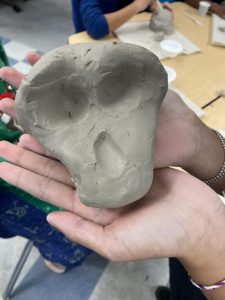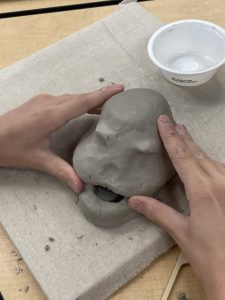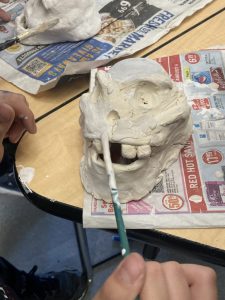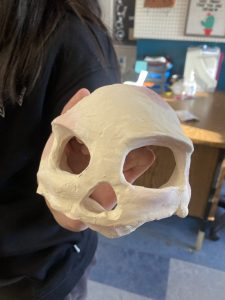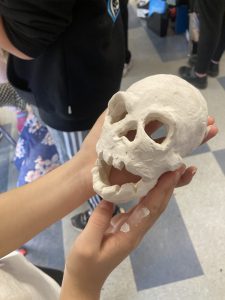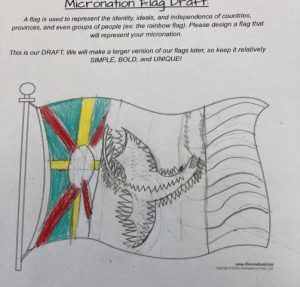As we prepare for our Remembrance Day assembly on Friday, our class has been exploring the ‘hidden heroes’ of Canada’s military in World Ward II. Have you ever heard of the Cree Code Talkers? These were members of the Indigenous community who translated messages from English into Cree as a way to protected confidential information. This way, if anyone else was listening in, they couldn’t crack the code! The Code Talkers were only one example of the thousands of Indigenous people who served in Canada’s military during both World Wars. Yet, once they returned from battle, Indigenous veterans faced racism and prejudiced laws that did not afford them the same supports and rights as other veterans. Even today, we discussed how often these heroes are often still left out of history textbooks, movies, books, and media. As part of our effort to learn more, our class is presenting some information about Indigenous military members on Indigenous Veterans Day (November 8th).
Feel free to watch the video(s) below to learn more about the Code Talkers, and Indigenous military members (both past and present):

